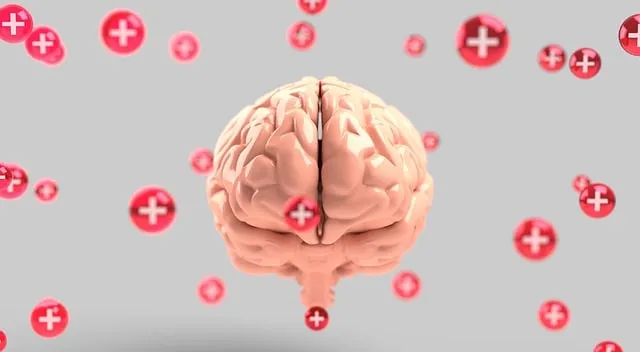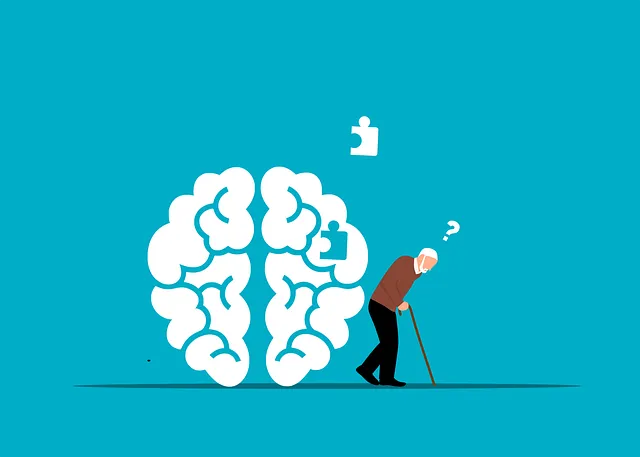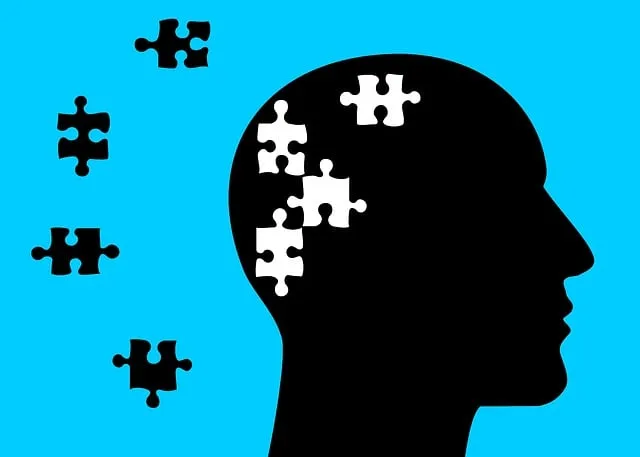Emotion regulation, a vital skill for well-being, involves identifying, understanding, and managing emotions healthily. Littleton Kaiser Permanente's mental health coverage facilitates learning these techniques, aiding in anxiety and depression management, and enhancing overall mental wellness. By teaching emotional responses and providing tools like mindfulness and cognitive reframing, this coverage contributes to stress reduction, improved communication, and healthier relationships. Mental Health Awareness initiatives within education further support emotion regulation skills development. The integration of such coverage empowers individuals with lifelong stress management and emotional intelligence skills, fostering a culture of care and acceptance.
Emotion regulation techniques are essential tools for navigating life’s challenges and cultivating well-being. This comprehensive guide explores why mastering these skills is crucial, highlighting the role of mental health coverage in making such teachings accessible. We delve into effective strategies like mindfulness and cognitive reframing, offering practical insights for implementation in daily life and relationships. Additionally, we examine benefits, challenges, and real-world applications, drawing from Littleton Kaiser Permanente’s commitment to mental health support.
- Understanding Emotion Regulation: Why It's Essential for Well-Being
- The Role of Mental Health Coverage in Teaching Emotional Skills
- Effective Techniques: From Mindfulness to Cognitive Reframing
- Implementing These Strategies in Daily Life and Relationships
- Benefits and Challenges: A Comprehensive Look at Learning Self-Regulation
Understanding Emotion Regulation: Why It's Essential for Well-Being

Emotion regulation is a vital skill that plays a crucial role in maintaining overall well-being. It refers to the ability to identify, understand, and manage one’s emotions effectively, ensuring they are expressed and experienced in a healthy manner. This process involves recognizing triggers, understanding emotional cues, and employing coping strategies to prevent impulsive reactions or prolonged periods of distress.
For individuals seeking mental health support, such as those covered under Littleton Kaiser Permanente’s mental health coverage, learning emotion regulation techniques can be transformative. It equips them with the tools to navigate life’s challenges, reduce anxiety and depression symptoms, and improve overall mental wellness. This is particularly relevant in today’s fast-paced world where stress and pressure can take a toll on one’s emotional resilience. Through Mental Health Policy Analysis and Advocacy, we can promote awareness about the importance of emotion regulation as a preventive measure and an essential component of holistic Mental Wellness Coaching Programs Development. Moreover, understanding emotional responses can help individuals avoid potentially harmful behaviors and foster healthier relationships by enhancing their ability to communicate and empathize.
The Role of Mental Health Coverage in Teaching Emotional Skills

The integration of mental health coverage, such as that provided by Littleton Kaiser Permanente, plays a pivotal role in teaching emotional regulation skills. By addressing underlying mental health concerns, individuals can develop better coping mechanisms and enhance their overall emotional well-being. Mental Health Awareness initiatives within educational settings have become increasingly important, as they provide students with the tools to navigate and manage their emotions effectively. These programs often focus on fostering resilience, self-awareness, and healthy expression of feelings, which are essential components of Emotional Healing Processes.
With the support of mental health professionals and resources like Littleton Kaiser Permanente’s coverage, educators can create safe spaces for students to learn and practice emotional regulation techniques. This proactive approach not only helps in Anxiety Relief but also empowers individuals to build lifelong skills for stress management and emotional intelligence. By incorporating these practices into curricula, schools contribute to the holistic development of students, ensuring they are equipped to handle the challenges of everyday life.
Effective Techniques: From Mindfulness to Cognitive Reframing

Learning effective emotion regulation techniques can be a game-changer for individuals seeking to manage their mental health. Mindfulness practices, such as deep breathing exercises and meditation, have gained significant traction in recent years. These methods encourage folks to stay present, observe their emotions without judgment, and cultivate a sense of calm. For instance, a patient at Littleton Kaiser Permanente mental health coverage might find solace in mindfulness during moments of heightened stress.
Cognitive reframing is another potent tool in the emotion regulation arsenal. This involves challenging and changing negative thought patterns. By identifying distorted thinking and replacing it with more realistic, balanced perspectives, individuals can reduce emotional distress. Incorporating cognitive reframing techniques, alongside stress reduction methods like those offered through Littleton Kaiser Permanente mental health coverage or social skills training, allows for a holistic approach to mental well-being. This, coupled with cultural sensitivity in mental healthcare practice, ensures that care is tailored to meet the unique needs of each individual.
Implementing These Strategies in Daily Life and Relationships

Implementing emotion regulation techniques in daily life can significantly enhance one’s overall well-being and relationships. At Littleton Kaiser Permanente mental health coverage, professionals emphasize the importance of practicing these strategies consistently. By integrating mindfulness exercises, deep breathing, and cognitive reframing into routines, individuals can better manage stress and emotions throughout the day. This proactive approach fosters resilience building, enabling people to navigate challenges with increased composure and self-awareness.
In interpersonal relationships, these techniques play an equally crucial role in conflict resolution and stigma reduction efforts. Effective communication, rooted in emotional awareness, helps in expressing feelings constructively, reducing miscommunication and potential conflicts. Addressing mental illness with understanding and empathy can break down barriers, fostering supportive environments that promote recovery. Therefore, incorporating emotion regulation strategies into daily life not only strengthens personal resilience but also positively impacts relationships by cultivating a culture of care and acceptance.
Benefits and Challenges: A Comprehensive Look at Learning Self-Regulation

Learning self-regulation through emotion regulation techniques offers a myriad of benefits, especially when backed by comprehensive mental health coverage like that provided by Littleton Kaiser Permanente. This skill set equips individuals with tools to manage intense emotions, fostering better mental resilience and overall well-being. By understanding their emotional triggers and practicing mindfulness, individuals can enhance their ability to respond adaptively in stressful situations, leading to improved relationships and a higher quality of life.
However, the path to self-regulation is not without challenges. It requires significant time, effort, and vulnerability as individuals confront and process their emotions. For mental health professionals, this journey involves intricate risk management planning, as they must balance facilitating emotional healing processes with ensuring their own well-being and that of their clients. Incorporating positive thinking strategies can significantly aid in navigating these hurdles, but it’s crucial to approach self-regulation holistically, addressing both the mind and emotions for lasting impact.
Emotion regulation techniques, when integrated into education through programs like those offered by Littleton Kaiser Permanente mental health coverage, can significantly enhance well-being. By understanding emotional responses, individuals equipped with skills from mindfulness to cognitive reframing can navigate daily life and relationships more effectively. While challenges exist in implementing these strategies, the benefits—from reduced stress to improved communication—make it a valuable pursuit. Ultimately, mastering self-regulation is a transformative journey that fosters resilience and overall mental health.






